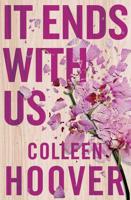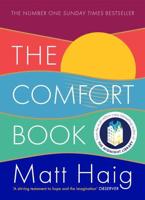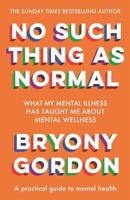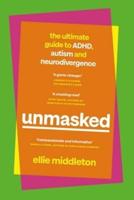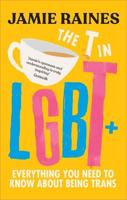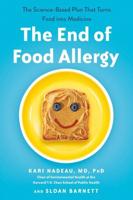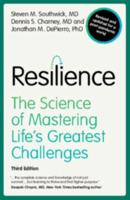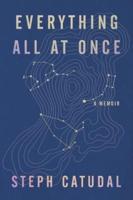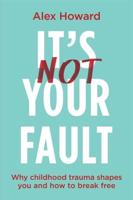Publisher's Synopsis
Do you now that virtually everyone experiences some degree of anxiety in their lives?
You may feel anxious about being late to work, or about having a first date with someone that you are really attracted to, and this anxiety could even lead to symptoms like worry, shakiness, or sweating. In situations like these, anxiety is fairly common and is not considered to be problematic or anything to worry about.
Cognitive behavioral therapy can be helpful for a wide range of mental disorders, including anxiety, depression, some phobias, and coping with severe illness or death. Many people suffer from one or more of these things at some point in their lives, and CBT is a useful approach to addressing them, either alone or with a therapist.
Breathing exercises are an easy way for a person to be able to control an attack if it is imminent. Some people find that doing physical stretching exercises help for warding off the anxiety attacks that they experience. By rolling the shoulders to release the build-up of tension can be a very relaxing thing that a person can do. It helps you stay calm enough to see what the situation is that you are facing which can help you figure what to do next.
This book covers:
- Types of Anxiety Disorders
- Signs, Symptoms and Causes of Anxiety and Depression
- Emotions and Moods, the difference
- Understanding Depression and Anxiety
- Manage intolerance towards anxiety and depression, how to feel calm in moments of anxiety and depression.
- How to Stop worrying, overthinking, recognize and eliminate Negative Thinking and Control Your Thoughts
- How to recognize cognitive disorders and find the right treatment
- How to Use CBT to Treat Anxiety
- Mistakes to avoid in CBT
- CBT techniques
Staying away from all things that contain caffeine is a must for people that suffer from anxiety attacks. This may mean that reading the labels on the foods that you eat are in order, but this is a small price to pay to avoid the discomfort of an attack.
Other people find comfort in watching television, reading a book, or listening to soothing music to help qualm the feelings that they have when experiencing an attack. This is helpful if the attacks occur while you are at home. If they occur while you are trying to sleep, it is best that you get out of bed and do something to get your mind off of it.
Anxiety affects us emotionally, physically and mentally.
No matter whether you deem it as a mental illness, fear or condition; anxiety is something that can be extremely detrimental to our lives. With millions of sufferers all over the world, it has now become part of our everyday language, even if we don't want to accept or understand it. Anxiety is commonly the result of severe levels of stress and repeated exposure to stressful situations and experiences.
A key aspect of the CBT process is the thought journal. You will use it to write down the problem, goals, and obstacles at the beginning of the process, and throughout the process to identify, evaluate, and challenge negative thoughts. Consistently using the thought journal is essential, because CBT is based on your direct engagement in the healing process.
If you don't see improvement right away, that's OK. It may take a week or two to see changes. You may need to redefine goals, if you find that the ones you stated are either not that important to you or more impractical than you thought.
Ready to get started? Click "Buy Now"!

